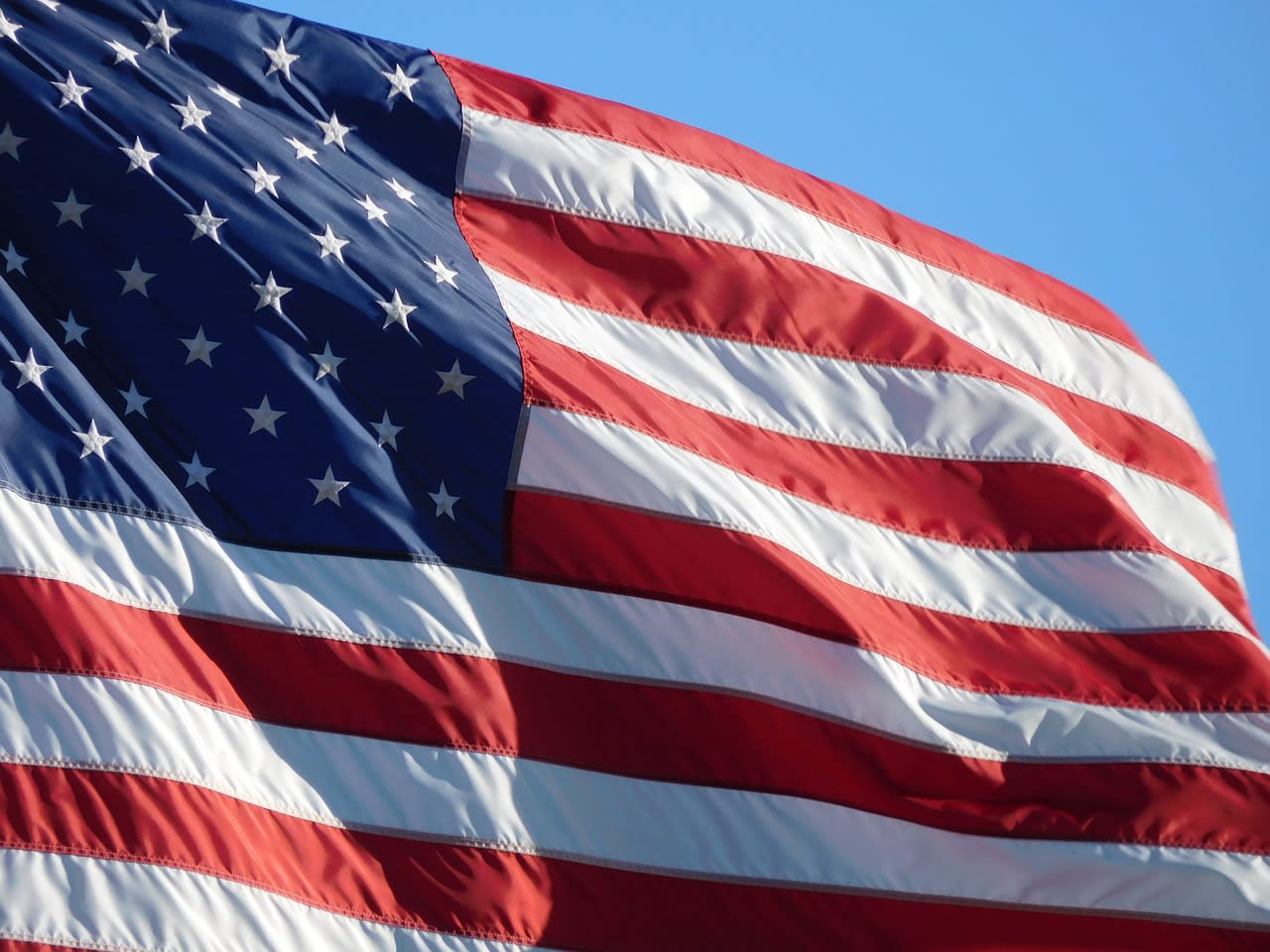As a congregational rabbi, I often visit people in hospitals and other health care facilities. While each building may look different, with the exception of one hospital I vividly remember visiting, those differences are rather minute.
In April of 2009, while living in Harrisburg, PA, I spent a day visiting patients at Walter Reed Army Medical Center in Washington, DC. With a patient population consisting mainly of wounded US soldiers, and a staff decked out in Army issue camouflage hospital scrubs and combat boots, visiting Walter Reed was an entirely new experience for me.
My visit to Walter Reed was facilitated by a wonderful man named Larry Babitts (who sadly passed away in 2015). Larry was a proud Jewish US Army combat veteran who had been wounded in both the Korean and Vietnam Wars. In addition to being active in a number of veteran related activities, Larry regularly traveled from Harrisburg to Walter Reed to visit, comfort, and lift the spirits of soldiers who had been wounded on the battlefield. I had asked Larry if I could accompany him on one of his visits.
While driving together to Washington, Larry explained his dedication to this unique act of Chessed (kindness). While serving as a US Army infantryman during the Korean War, Larry had his legs shattered by an enemy landmine that killed some of his fellow soldiers. Realizing that his unit had ventured into a heavily mined area, Larry lay on the ground writhing in pain, thinking that no one would risk his life to evacuate him. But, one brave soldier was determined to get Larry off of that Korean hilltop. Although he vividly remembered the sound of the soldier’s voice, Larry had absolutely no idea who the soldier was or what he even looked like. Larry was eventually evacuated to the US where he spent almost two years at Walter Reed recovering from his wounds. Unable to thank the soldier whose act of kindness saved his life, Larry decided to ‘return the favor’ by visiting and sharing his story with a new generation of wounded soldiers. He did his best to encourage those whose experiences he could so clearly relate to.
We had a chance to visit with several young soldiers and their families that day. The first patient we saw was a fellow Pennsylvanian. He had been wounded by a roadside bomb in Iraq. While all his limbs were thankfully intact, he had suffered a severe concussion and faced a long recovery.
The second soldier we saw was a young officer whose vehicle had been hit by an IED (improvised explosive device) in Afghanistan. With his wife at his bedside, he was recovering from just having had one of his legs amputated below the knee. I was incredibly impressed by his positive attitude. He told us that he had nothing but gratitude for the Army’s efforts. He had been injured about a year and a half earlier, and in an effort to save his leg, the Army had operated on him more than ten times. While we talked, he thanked a visiting doctor for the hospital’s efforts on his behalf. He remarked that, “No private health insurance would’ve paid for ten surgeries.”
While I hope the wounded soldiers and their family members appreciated my visit, I clearly saw how much they appreciated Larry’s. In Larry, they saw someone who understood their pain, anxieties, and concerns. In Larry, they met a person who spent two years recovering from his wounds in that same hospital — and then went on to lead and enjoy a fulfilling life. Obviously, encountering a caring human being with a shared set of experiences went a long way in providing those brave young men with a greater sense of hope, optimism, and comfort.
Visiting Walter Reed with Larry reminded me of a very important lesson. Many centuries ago our Jewish sages taught that in the midst of a crisis, knowing that others have dealt with a similar challenge can be a great source of comfort (“Tzaras Rabbim Chatzi Nechama”). To some extent, each of us has had to deal with some challenging situations. If we choose to share our experiences with others who are dealing with similar circumstances, we have a tremendous opportunity to do an act of Chessed (kindness). Letting others know we can relate to their pain — as we may have had to deal with similar circumstances — reminds that person that he/she is not alone. That knowledge can make a world of a difference to someone facing one of life’s many challenges.
As we mark this year’s Memorial Day, let’s remember the many brave US servicemen/women who have sacrificed so much for our freedoms. This year, I’ll also remember my visit to Walter Reed with Larry Babitts — and the teaching of our Sages which he brought to life.
____________________________________
Young Israel of Memphis’ Rabbi Akiva Males can be reached at rabbi@yiom.org
The words of this author reflect his/her own opinions and do not necessarily represent the official position of the Orthodox Union.



